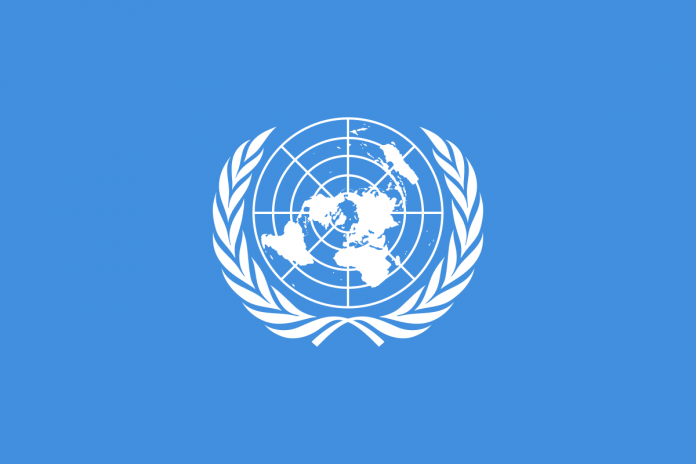The race to select the next Secretary-General of the United Nations formally began on Tuesday, as member states were invited to submit nominations to replace António Guterres when his term ends in 2026.
In a joint letter sent to all 193 member states, Security Council President and Sierra Leone’s UN Ambassador Michael Imran Kanu, together with UN General Assembly President Annalena Baerbock, outlined the profile sought for the world’s top diplomatic post: extensive experience in international relations, proven leadership in diplomacy, strong language skills, and the highest standards of integrity and competence.
“The position of Secretary-General is one of great importance,” the letter stated, requiring an unwavering commitment to the principles and purposes of the UN Charter.
Push for a Woman Leader
For the first time in a selection process, UN leaders explicitly highlighted that no woman has ever held the position of Secretary-General, urging member states “to strongly consider nominating women.”
Several female candidates are already being discussed informally, including:
- Michelle Bachelet – Former President of Chile and former UN High Commissioner for Human Rights
- Rebeca Grynspan – Costa Rican diplomat and current head of UNCTAD
Also mentioned as a potential contender is Rafael Grossi, the Argentinian Director General of the International Atomic Energy Agency (IAEA).
How the Process Works
Candidates must be nominated by a UN member state or a group of states. They will need to submit:
- A vision statement outlining priorities for the UN
- A declaration of financial support sources
The UN may also repeat the public, town hall–style interviews introduced during the 2016 selection process, which brought unprecedented transparency to the process that eventually led to Guterres’ selection.
Regional Rotation Tradition
There is an informal tradition of geographic rotation among regions. While it is not binding, many observers note that it is Latin America and the Caribbean’s turn, a factor reflected in early speculation about possible candidates.
The UN letter alludes to this practice, underscoring the “importance of regional diversity,” though it stops short of designating any specific region.
Security Council Will Have Final Say
The Security Council will start its formal deliberations by the end of July 2026. As in every selection, the five permanent members — the United States, China, Russia, the United Kingdom, and France — each hold veto power, giving them decisive influence over the final outcome.
Once the Council recommends a candidate, the General Assembly will vote to appoint the next Secretary-General to a five-year term beginning January 1, 2027, renewable once.
